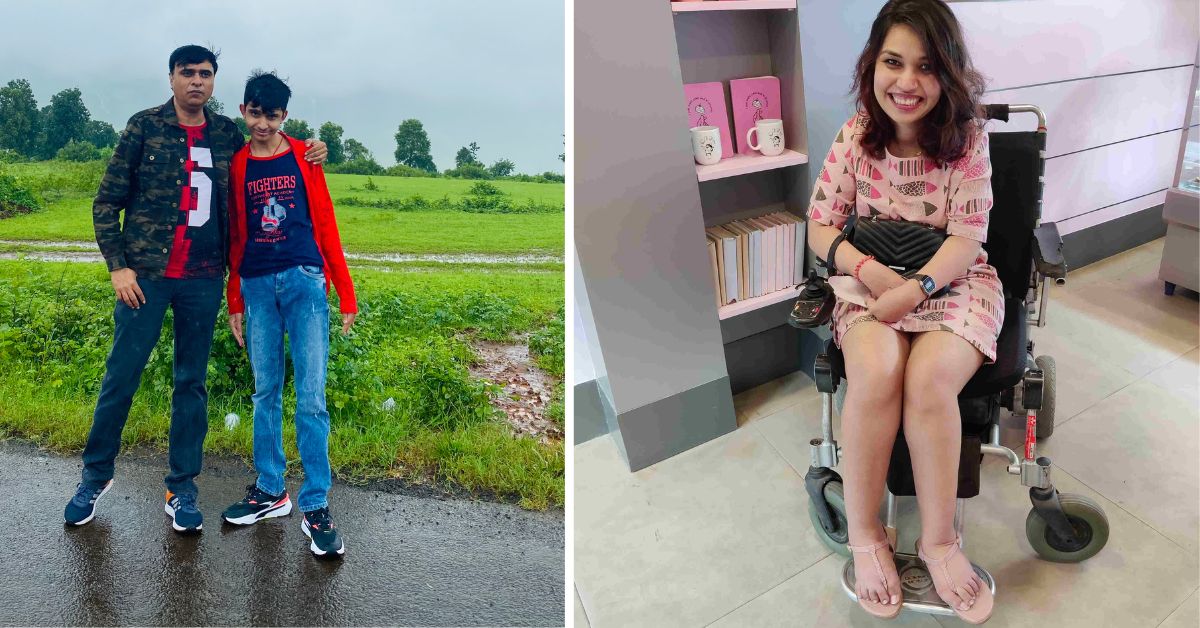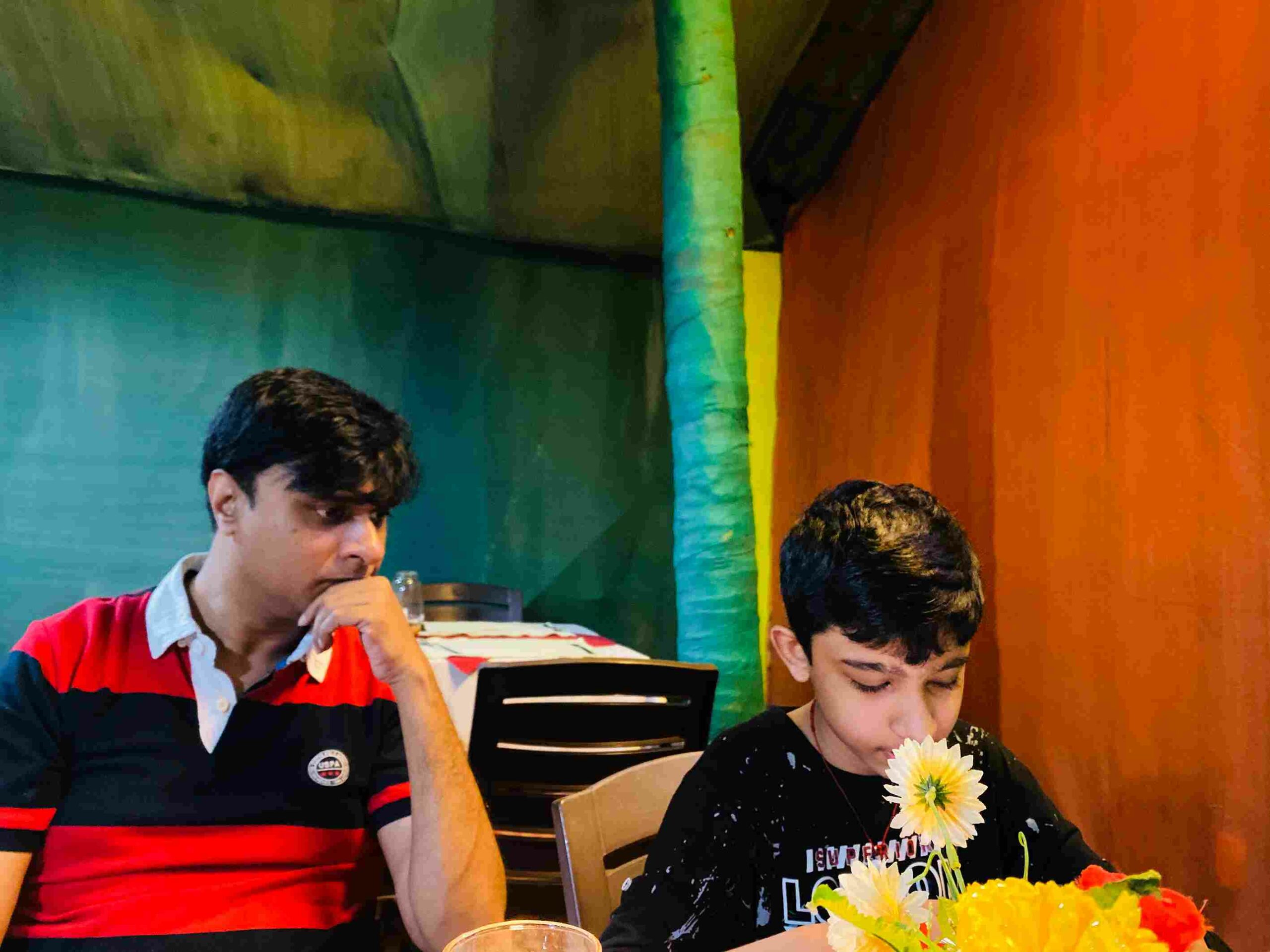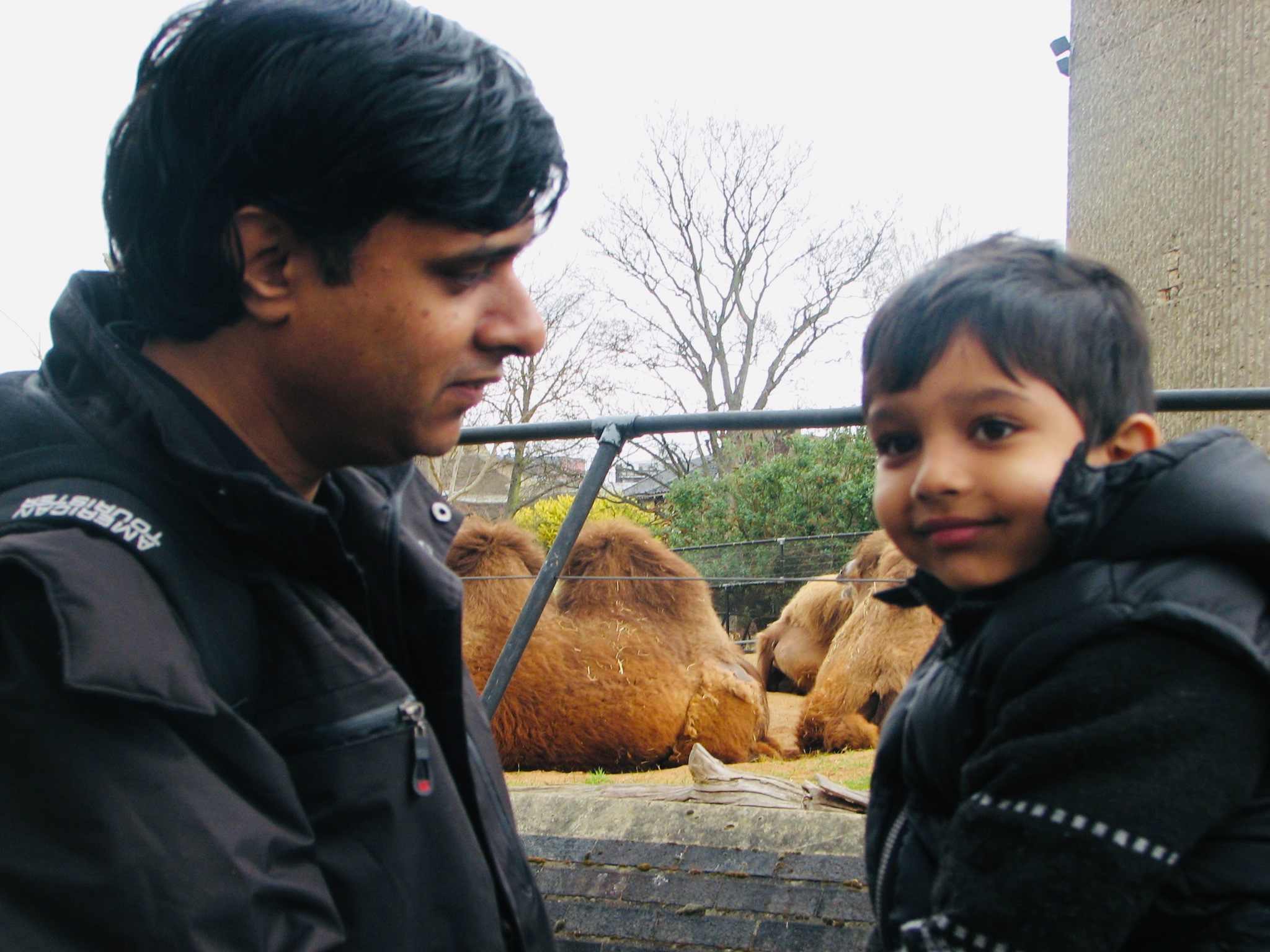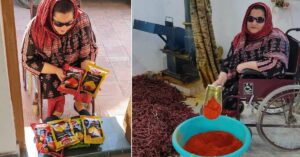‘Always Been Treated As Equal’: Lessons From Accenture’s Disability-Inclusive Policies
Inclusion and diversity are in the DNA of Accenture. Here’s how the company has embraced the model through various interventions and what other companies can learn from its success.

This article has been sponsored by Accenture.
Like most fathers, Prateek Shrivastav, a Managing Director with Accenture, wanted to give his son Pranay the life of his dreams.
But he recalls how Pranay, who has autism, was not able to make friends and explore places as easily as other children. This, he says, is because he was sometimes at a loss for the right words.

This would play on Prateek’s mind, who then decided that if he couldn’t be by his son’s side all the time, he would create something that would. And so he designed the Special Assistant for Autism Therapy and Interventions (SAATHI) app.
The app guides children with autism through personalised therapy sessions by simply monitoring their facial expressions and understanding their emotional states.
While Prateek is a source of unfaltering support for Pranay, the super dad, too, has his own support system in the form of Accenture, where a support group also takes care of his son’s treatment and therapy, he says.

Like Prateek, there are countless others who have the company’s backing in matters of inclusion. Take, for instance, Preeti Singh, who was born with cerebral palsy.
She says that if she had to name one thing about the company that she loves most, it would be the culture of equality.
“Having spent almost a year at Accenture, I can say with pride that I’ve always been treated as an equal. I want to show the world that we can do whatever we set our hearts on. I want to be known as the CXO who thrives with a disability, which is just a part of my identity and not my entire being.”
A community that uplifts
Around 15 per cent of the world’s population lives with some form of disability, says a World Bank report. But in some countries, unemployment rates within these communities can be as high as 80 per cent. In India, only about 25 per cent of people with disabilities are employed.
The good news is that corporations around the world are slowly coming around to prioritising diversity and inclusion. As an Accenture report states, ensuring diversity in the organisation is a win for not just employees, but also the companies.

The report found that organisations most focused on disability engagement are growing sales 2.9x faster and profits 4.1x faster than their peers.
Start with the Chief Executive Officer and the board, Accenture says. When the leaders themselves are examples of inclusion, employees will follow suit.
In a blog titled ‘Including people with disability is not just about being a conscious employer‘, Sanjay Dawar, Managing Director at Accenture shares his thoughts. He says, “Training to sensitise people, especially those at the managerial level, helps create the right cultural climate for inclusivity and growth.”
And he says that while doing this, introduce inclusion practices in the very first step — hiring.
“Talent, ability, skills, and perseverance are among the traits employers look for. These are, however, not visible at first glance,” he says, adding that like other candidates, persons with disabilities deserve a fair chance to prove their mettle.
“We need to go beyond what we perceive and provide them the right platform to be evaluated,” he notes.
How should companies do this?
By following a few simple steps, says Accenture.
Find alternatives to AI for pre-employment assessments as this software may unwittingly make unfair decisions. This is because algorithms may sometimes fall short to assess all variations of understanding, such as the physical, cognitive, etc. For instance, Accenture recommends allowing people who are applying for a job to tailor their interview or assessment experience, as needed.
Candidates who may need more time to answer questions, or who may not be able to convey their talents adequately in a video interview scenario, for example, can work with a talent advisor or similar role to develop the best scenario for them.
Additionally, the physical and digital workspace needs to be tailored so that people with disabilities don’t find it tough to carry out simple tasks.
Accenture believes predictive text, speech-to-text transcription, and voice and visual recognition have great potential to help organisations eliminate the barriers that make disabled people feel excluded.
And before anything, ask yourself the question, “How can we do this better?”
To ensure that AI at the workplace is positively impacting people, there are four core principles that need to be adhered to, according to the corporate giant. These are responsibility, accessibility, inclusivity, and security.
Introducing inclusion in every step
For instance, being responsible for AI in the workplace means knowing your employees and their comfort with dealing with certain AI. It also entails having alternatives if they are not comfortable with the current algorithm. Accenture believes there should also be complaint channels for people with disabilities to voice their opinions on the matter.
Accessibility would mean that companies are keeping in mind the limitations of the disabled community while designing AI, so that it benefits rather than toughens work life.
Inclusivity is creating a safe space for employees with disabilities to share the negative impacts that AI is causing them and find solutions to it, say leaders at Accenture.
And above all, it shouldn’t be forgotten that these employees share the same professional expectations as their peers. Thus, the fourth pillar of security is ensuring that the organisation understands this.
As someone who imbibes these core principles of inclusion on an everyday basis, Lakshmi Chandrasekharan, Managing Director of Human Resources, says the first step is to decide that change is needed.
In a blog titled ‘Building an equal world, where everyone feels like they truly belong and can thrive‘, she says, “Our ‘Inclusive Internship’ programme, which is a launchpad for disabled and transgender people to start their careers, has been a great success.” She adds that such programmes help to break barriers faced by underrepresented groups of our society. “Through them, we would not just drive business growth and financial outcomes, but also create collective value and meaningful change for society at scale and build a better future world, with equality and inclusion at the heart of our societies.”
Know more about #DashTheImbalance.
This story made me
- 97
- 121
- 89
- 167
Tell Us More
We bring stories straight from the heart of India, to inspire millions and create a wave of impact. Our positive movement is growing bigger everyday, and we would love for you to join it.
Please contribute whatever you can, every little penny helps our team in bringing you more stories that support dreams and spread hope.



















